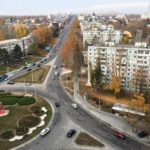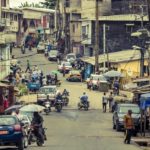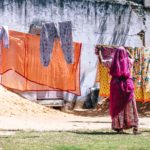My Life Would be Different as a Male Peace Corps Volunteer in Madagascar
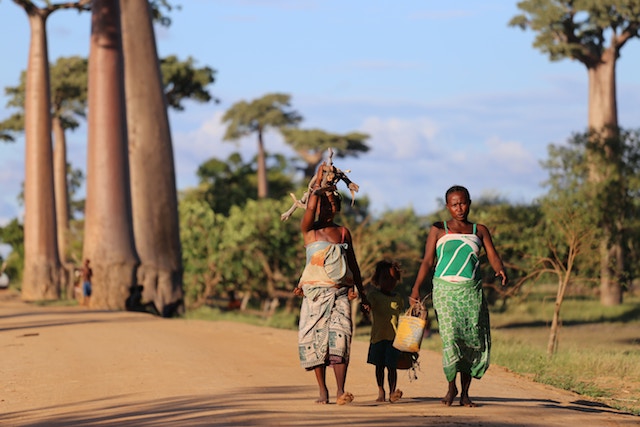
For two years, I lived in Madagascar as a Peace Corps volunteer. It’s hard to sum up the experience in a succinct, one sentence answer, but for anyone who asks: “It was both fantastic and really, really, tough.” Most people get the obvious challenges — Malagasy work ethic was more laid-back than in America and sometimes presented problems. We lived in a developing country so we didn’t have access to many modern amenities. I had a pit latrine and no running water in my house. I taught classes of 50 students using nothing more than a chalkboard. I lived and worked simply.
Male volunteers, on the other hand, didn’t give up as much in this sense.
But all of that was easy enough to get used to. When I think back on the “lowest lows” and most challenging points of my service, they have little to do with the standards of living or working in a foreign culture and language. The biggest challenge was dealing with sexual harassment on a daily basis and having to give up certain liberties and freedoms since, in the conservative highlands of Madagascar, had to to meet the expectations my host culture had for women. Male volunteers, on the other hand, didn’t give up as much in this sense.
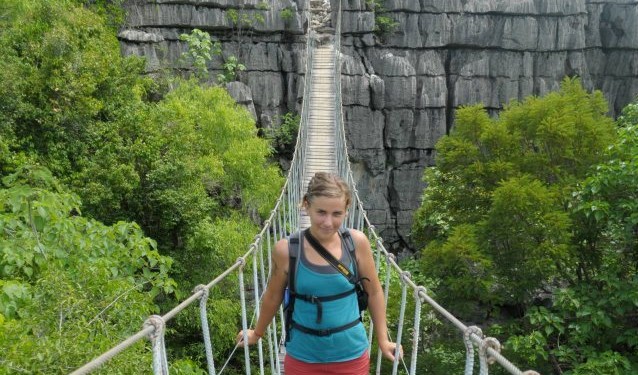
I hated it but understood that respecting the cultural expectations my town had for women was extremely important for the success of my work, the respect I received as a teacher at the local middle school, and for building a healthy relationship with my community.
So, like all other women, I stayed at home after dark. I covered my knees and shoulders at all times — except when biking. I never, ever, went to bars in my town. And, I only even once bought liquor in my town, and when confronted about it said, “I’m baking creme brûlée”. (Total lie, but no one ever questioned it.) I was also very, very, hesitant to be friendly towards men for fear that they’d mistake my American friendliness as a sign of flirtation.
I only even once bought liquor in my town, and when confronted about it said, “I’m baking creme brûlée”.
As a result, I spent most of my nights watching movies after dark and going to sleep around 9. My main outlet for socialization was a weekly English club I hosted, and wandering around the market chatting with various vendors and co-workers I’d come to recognize — all but one of whom was a woman. Worse though, all of this made me feel lonely, frustrated, and eventually led me to develop a deep suspicion towards men that I still haven’t fully shed since leaving in September 2013.
That is, until I started dating another volunteer in a town four hours away towards the end of my service. All of the sudden, those social expectations no longer applied to me. When I visited him in his town, no one thought less of me for accompanying him to a bar — because I was accompanying a man.
The daily stress, anger, and frustration of being harassed went away too. No one flirted with or hit on me since I was, in effect, already “claimed” by a highly respected member of their community. I felt like a huge weight had been lifted.
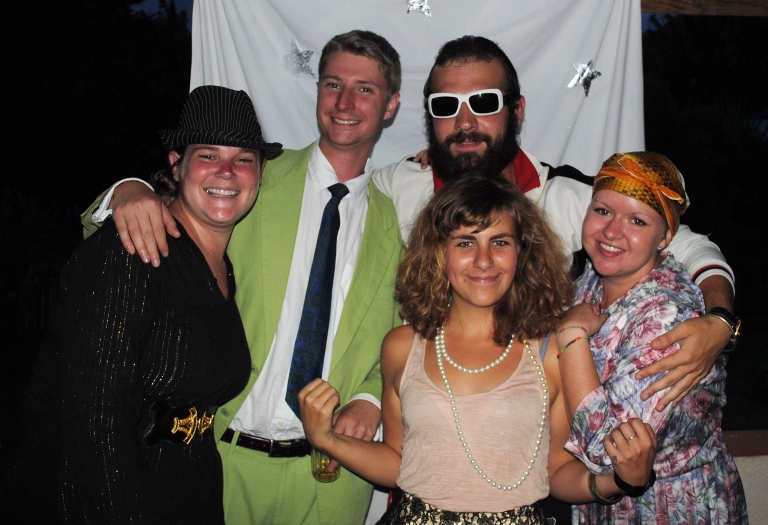
That is, until I started dating another volunteer in a town four hours away towards the end of my service. All of the sudden, those social expectations no longer applied to me.
It was almost as though I was getting secret insight into what it’s like to volunteer in Madagascar as a man. I had always been aware of our differences in experience, but not until dating him had I experienced it. Whereas I was shutting my door at sunset and settling down to watch a movie, he was out with the rest of the male teachers in his town drinking rum and singing karaoke.
In fact, it was expected of him, and part of the reason he was so well loved by his town. Had I done the same, I likely would have been called “a prostitute” and shunned.
I saw how freely he moved around town, and I felt both envious but happy to even briefly be a part of it. I felt confident to finally walk to market knowing no one would creepily whisper “bonjour cheri”; happy knowing my gender didn’t prevent me from going to the bar and drinking a beer; relieved knowing I didn’t have to lock myself up at dark because there was no one to walk me home.
Thinking about this one night, I said, “I’m so jealous that you [male volunteers] get to have an actual social life.” Without a pause, he smiled and said, “I’m so impressed by all the crap you [female volunteers] have to put up with.” To this, I can only say thank you to him. Thank you not just for recognizing this, but for helping me to finally see this challenge not as a source of frustration, but as something to feel proud of having surmounted.
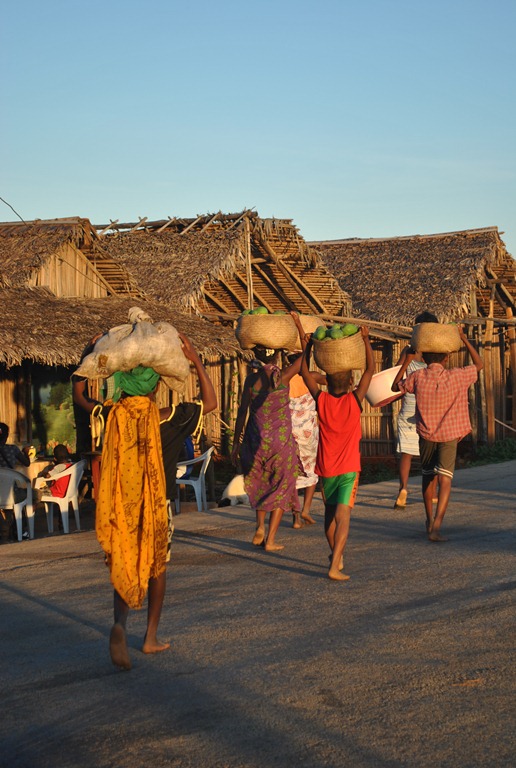
My Life Would be Different as a Male Peace Corps Volunteer in Madagascar
Related Reading
- The 5 Biggest Myths about the Peace Corps
- The Peace Corps and Beyond: A Conversation with Kelly Branyik
- What’s it Like to Be a Peace Corps Volunteer?
- Joining the Peace Corps and Pursing My Master’s in Moldova
- Peace Corps in Jordan: Exchanging Control for Understanding
Have you volunteers in the Peace Corps? What were your impressions? Email us at editor@pinkpangea.com for information about sharing your experience and advice with the Pink Pangea community. We can’t wait to hear from you.
My Life Would be Different as a Male Peace Corps Volunteer in Madagascar: unsplash and Jessie Beck

